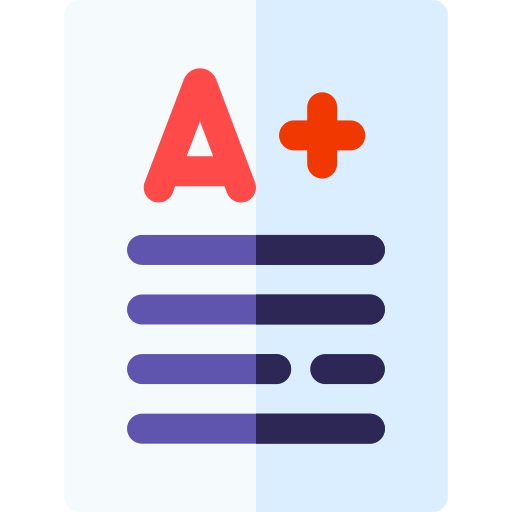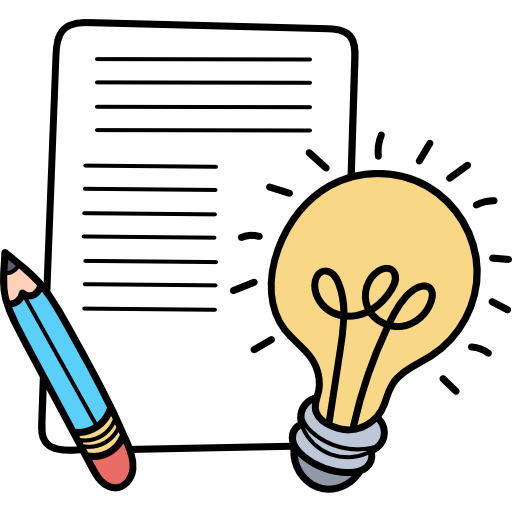بوربوينت درس The Human Brain اللغة الإنجليزية الصف الثاني عشر
While You Read
Read the article and compare your expectations in 4 with the content of each
Reading Read the article again and compare your suggested answers in 3 with the information in the article. Are there answers for all the questions in the article? Discuss with a partner or in a group
Getting meaning from context
fi Find the words from the vocabulary th reading text and try to gure out their meaning from context
blood vessels
cognitive
collaborate
colleagues
disruptions
New Discoveries
going into training
hemispheres
intuition
logic
logical
maturation
mature
maturity
memory
neuroscientists
origins
precise
repressed
toxins
wiring
The Human Brain
A Most of us learn basic facts about the human brainin our middle orhighschool classes the subccrtex, the old brain' which found in the brains of nwst animals and is responsible for tusic functions such as breathing, eating, drinking, and sleeping. We leant atxjut the neocortex, the new brain' which is uruque to humans is where complex brain activity takes place. We find the cerebrum, which is responsible for all duought, is divided into two parts, or hemispheres. lhe left generallJ, manages the right side of the body; it is responsible for logical dumking. right hemisphere manages the side of the , diis hemisphere controls emoticnal, creative, alli artistic functions
And we learn duat the corpus callosum is the "bridge' that connects the two hemispheres. Memorizi1hJ the names for parts of the brain migjlt seem thrilling to many gudents, but ww discoveries in brain
function are exciting. Recent research is shedding hght on creativity, memory, maturity, gender, and the pcssibility of changing the brain
Lett Brain/ Right Brain: Truth or Myth
B agree that thc left hemisphere Of the brain in different areas or skills than the right hemisphere. Up until recently, many twlieved that peqle were either left-brained (in other words, more It."ical) or right brained (in other words, more creative) depending on which they mt. However. now research St.1f"CStS that this is n myth and that dividing creativity and logic into the right and left hemispheres is a simple Wag Of looking at the human brain, as well as the things a 'Rrson can do. Rather than being separated, the two hemispheres continually collatHrate. Being able to solve a mathematical equation requires txth logic and creativity. So does producing a Work Of art. erefore, are now theorizing that Of activity requires the or different parts of the brain both in the left lwmisphere and the right. confusion was probably caused in thc 1040s when doctors would surgical'" separate the in from After an ovu•rarion. brain to function normall". but there wore disruptions in and cognition which proved Were different
True or False
C In the 1980s in the United States. there were man" cases of adults who suddenly remembered with the help of a things that had happened to them in childhoKl. memories had been repressed — held back — for many' ywars. Some of these newly discovered memories have people to prison. As people remember crimes that they saw or experienced as children, the police have reopened and investigated old criminal cases. In fact. over cases have been filed that are based on these repressed memories
D However, studies in the 1990s suggested that many of these might be false memories. Ata conference at Harvard Medical School, neuroscientists discused how memory is believed to work. It is known that small pie+ of a memory (sound, sight, feeling, and so on) are kept in different Ikirts of the brain; the limbic system, in the middle of the brain, pulls these pieces (HJether into one complete memory. But itÄ certain that IHple can "rememlyr" thathave never happened. Even a small suggestion can leave a of memory in the brain. Most frightening, according to Dr. Michael Nash of the Univetsity ofTennessee, is that "there may be no stmctural difference' in the brain between a false memory and a tille one
E parents of teenagers have alwans known that is something, well, different about rho years. parents claim that their children to a different species. Until recent'", neuroscience did nor support this belier. The traditional belier was the rime a child was eight to twelve, the brain was mature. ver" studies provide evidence that the brain or a teenager differs from that or both children and adults. According to Jay Giedd or the National Institute or Mental Health, " Maturation does not Stop at age ten, but continues —continues growing into your 20s.- Because, it is believed, corpus callosum is involved in self-awareness and intelligence, new studies imply' that teens not as full" self-aware or as intelligenl as Ille!' will be later. Other researchers, a' McLean Hospital have found that teenagers are nor as able (as adults are) to -read" emotions on people's faces Mule versus Female Brain? F Watch a aroun of children as theu nlau- You'll nrobablu
Male versus Fe.nnle Brain
F Watch a group of children as play. You'll probably notice that the bop'S and girls play differently, speak differently, and are interested in different things. Of course, then' are gender differences but do really] determine the wall 'nale and brains work? As with the brain and right-brain theory, scientists in the past studied the orifJins or these differences and proposed the theory of male versus female brain. Some of [heir arguments were interesting. For example, the" suggested that men Were better at reading maps and fixing stuff, whereas
women were better at multitasking, using their intuition, or reading the emotions of people in photographs. After rurther research, however, sorne scienlisls don't agree with the 'nale— female distinction of brains. They' believe that our brains are "plastic" and can change in many different ways throughout our lives despite our gender. Although the debate over male and female brains continues. it seems that the" are more alike than wo used to think A Mind
G We all know the expression -to change your mind". But is it passible literally to change your mind - or, to be more precise, to change your brain? Reports from 2003 say yes. First, the bad news, at least for smokers: a study from the University of Aberdeen and the University of Edinburgh, in Scotland, concludes that smoking makes people intelligent. On cognitive tests (that is, tests that involve judgment), smokers did significantly worse than non-smokers. The theory is that toxins - poisons - in the smoke enter the blood and damage blood vessels providing the brain with oxygen. And there is more news, for most of us: a stud" from the University of London says that -infomania" - the constant flood of information from cell phones, emails, and text messaging — can reduce b!) ten points on an IQ




